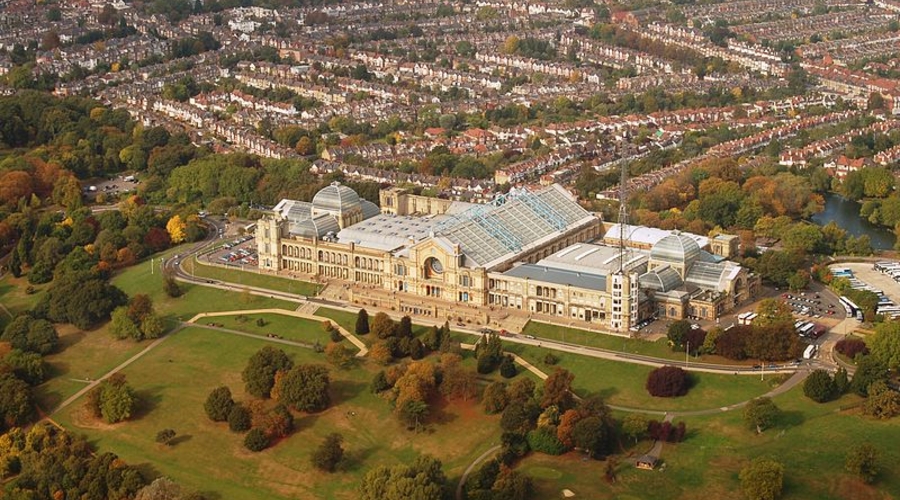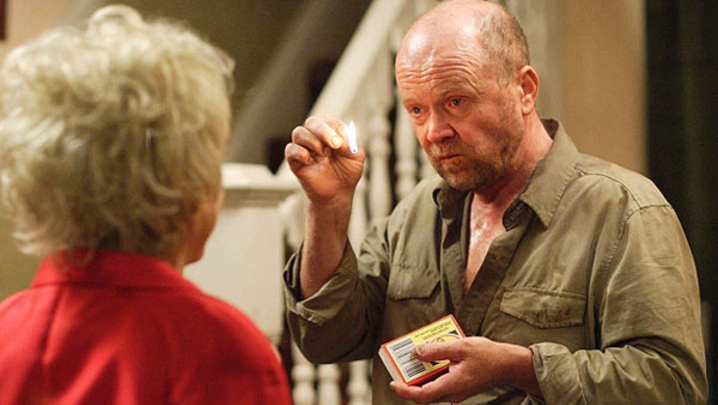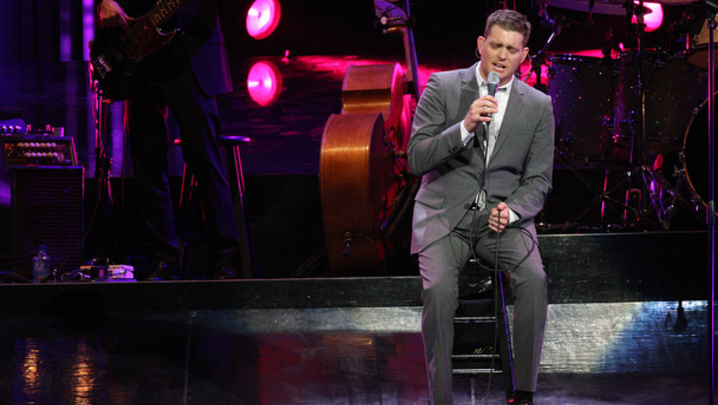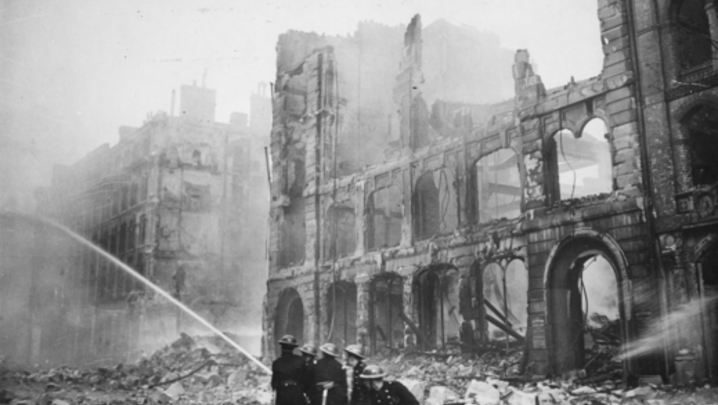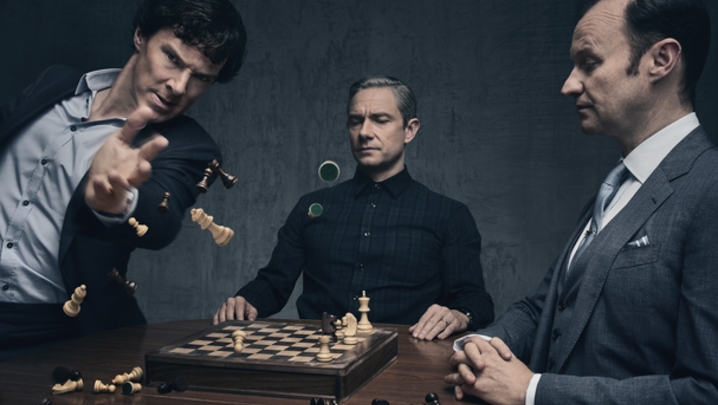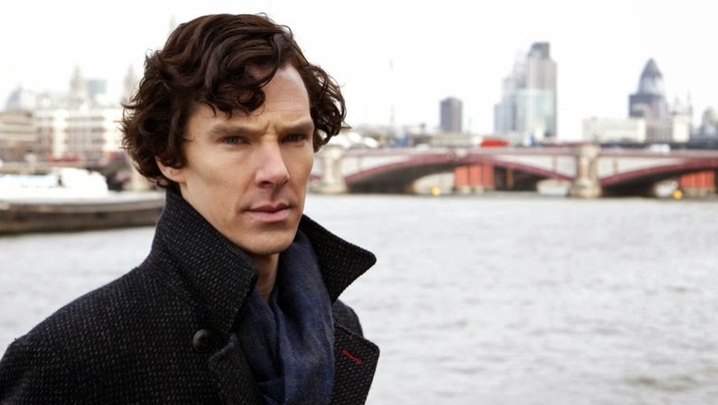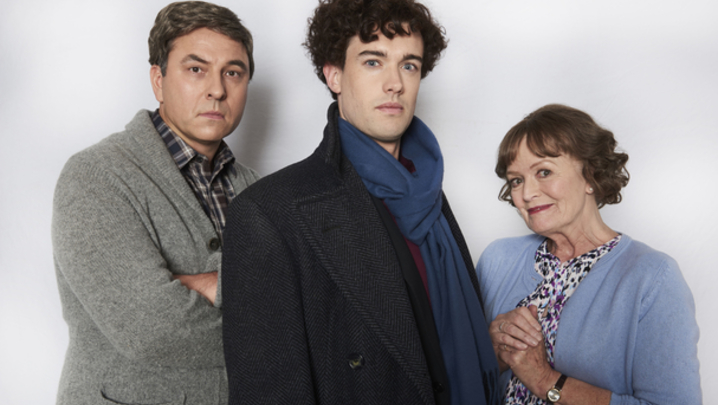Eighty years ago today, the BBC began regular 'high definition TV broadcasts from Alexandra Palace in north London.
The service initially used two different, incompatible systems which were alternated weekly. These were the 405-lines interlaced scan from Marconi-EMI, and the 240-lines progressive scan from Baird Television Ltd.
Initially the press favoured the Logie Baird system because there was a delay of 60 seconds before the image would appear on screens. At a press demo of the technology this meant that the journalists could dash around the camera and see themselves still on the screen. However, the Logie Baird system was deemed inferior and was dropped after only three months.
The early output of the service was very limited, with just an hour of programming between 3.00pm and 4.00pm, and again at 9.00pm. This was on the say-so of the BBC’s Director of Television Gerald Cock, who felt that the breaks were necessary to “avoid eye strain.” The first day’s programming included a variety show featuring actress and singer Adele Dixon.
Estimates are that only around 400 people witnessed the launch of television – the cost of a TV set, an extravagant £234 (or £15,000 in modern terms), is likely to be an explanation.
Due to the novelty of the medium, early television programming was very simple. The remit of Picture Page, the first magazine programme in the world was just to put people in front of a camera “to be televised.” The format of the show had a ‘Picture Page Girl’ sitting in a mock telephone exchange, seemingly cueing the next clip. What viewers didn’t know was that the Picture Page Girl herself was cued in by a wire attached to her ankles which would give her a “mild” electric shock when she was on-camera.
Alexandra Palace continued to be used by the BBC until the early 1980s, however in the early days, the BBC ran a very tight ship at the north London building. Rules included: no dogs, no drag (although a man was permitted to dress up as half-man, half-woman) and no alcohol. The last of these was expanded upon in an internal memo, where management were worried that if alcohol “got a foothold at Alexandra Palace it would sooner or later spread to Maida Vale and Broadcasting House, and possible become unmanageable.”
For more insights into 80 years of BBC Television, visit the new BBC archive of material from the early days of TV.

